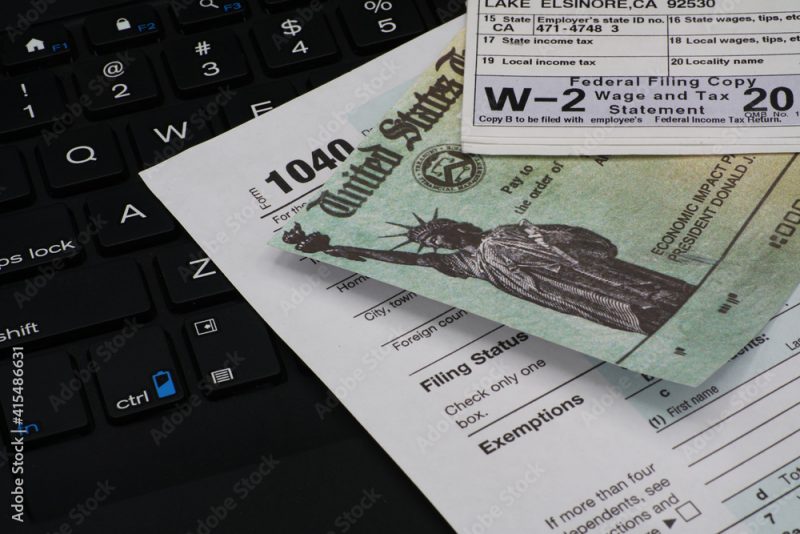The tax season kicked off this year on January 29, making it already a month past that some taxpayers began filing their tax returns.
While the deadline seems quite distant, the time is ticking and it is always nice to get a head start on completing tasks before they are due.
However, taxpayers should be mindful that it is their responsibility to always file tax returns accurately and prepare all necessary documents for submission.

Here is a checklist that might help you on your tax file for those who haven’t yet completed their yearly assignment.
Remember your deadline
The deadline to file federal income tax and pay any outstanding taxes for 2023 to the IRS is April 15. Failure to pay any owed tax to the IRS by the deadline could result in penalties for late payment, along with accrued interest.
Report major changes
Did you experience any significant life changes last year? Events such as marriage, divorce, becoming widowed, childbirth, and buying or selling a house could involve information that can change your tax calculation, which the tax agency needs to be aware of.
Did you get Form 1099-K?
If you engaged in a side gig or operated a small business to supplement your income, check with payment apps like Venmo to see if they issued you the tax form. If you received the form, ensure that all details of your business transactions are accurately reported.
Expedite your refund
To expedite receiving your refund, it’s essential to accurately file your taxes. Opting for electronic filing and selecting direct deposit for your refund method can speed up the process. Ensure that you enter your social security number and bank account number correctly. Typically, the IRS processes refunds in less than 21 days after accepting tax returns.
Check for free filing options
If your income is modest and your tax situation is relatively simple, determine if you qualify for the IRS’ Free File programs. Several tax software companies offer free tax filing tools. Eligibility criteria may vary by company. (https://www.irs.gov/filing/free-file-do-your-federal-taxes-for-free)
Taxpayers must expect different tax forms depending on sources of income. For instance, investors should have received tax form 1099-B for investment sales and capital gains and 1099-DIV if they received dividends. Self-employed individuals should use 1099-NEC to report their income.
If uncertain about which form to use or how to use it, seeking advice from tax professionals is advisable to avoid errors or potential tax audits from the IRS.
BY HOONSIK WOO [woo.hoonsik@koreadaily.com]




